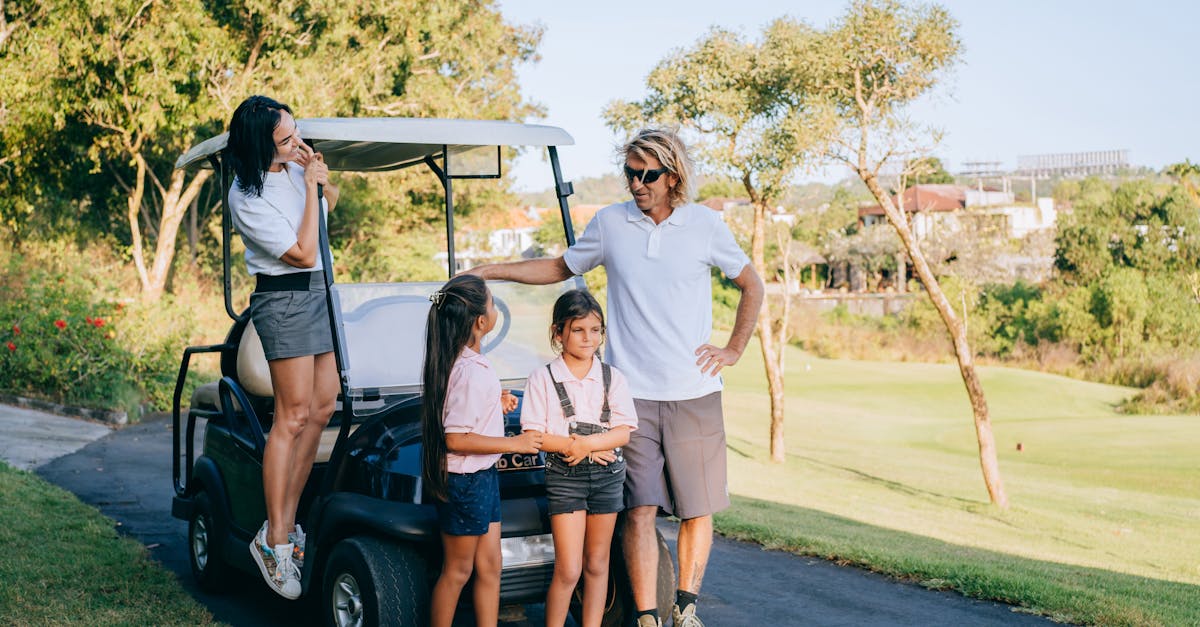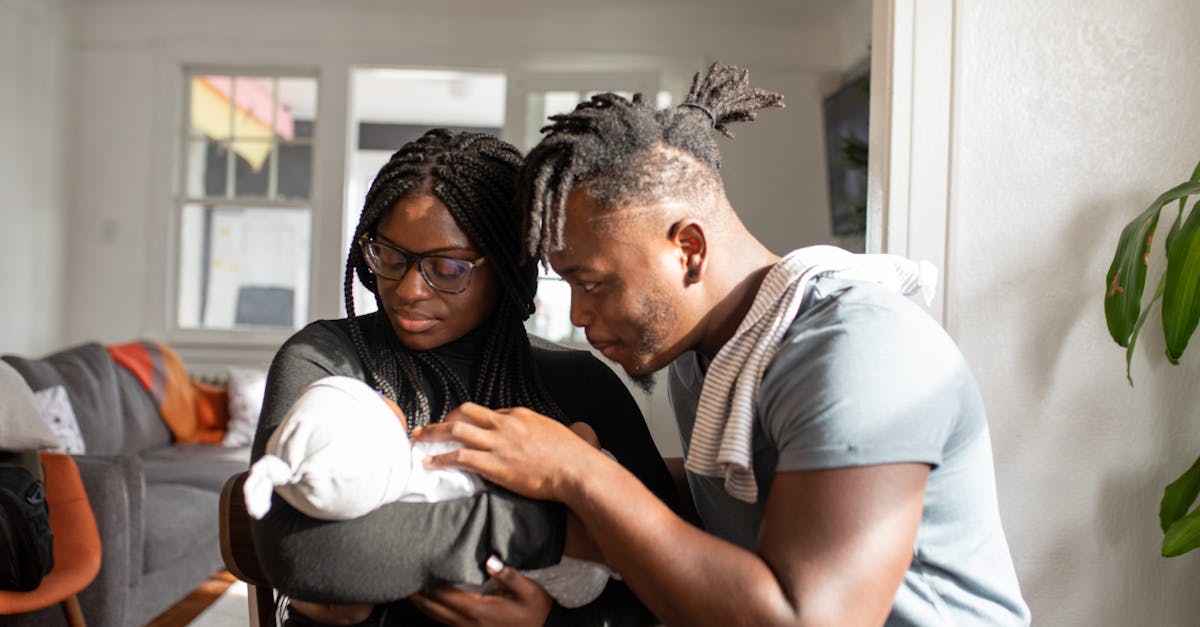The Adventure Begins: Understanding Emotions
Navigating the emotional landscape of preschoolers can feel like decoding ancient hieroglyphs. Yet, understanding these early emotions is the first step in guiding them towards expressing gratitude and love. Children experience a wide range of feelings they might not yet have the words for. Our job? Helping them build that vocabulary. Imagine translating their screams of joy or frustration into words of appreciation and affection.

Understanding and acknowledging a child’s emotions is crucial in their emotional development. By providing them with the tools to express themselves verbally, we are setting the stage for healthy emotional intelligence. It’s a journey worth taking, filled with challenges and triumphs alike.
The Magic Words of Appreciation
Introducing ‘please’ and ‘thank you’ into the daily vocabulary of a preschooler can transform these magic phrases into lifelong habits. It’s not just about politeness; it’s about recognizing others’ efforts and kindnesses. Think of it as planting seeds in a garden. With enough care and repetition, those seeds will grow into strong trees of gratitude.

Source: Pexels
Crafting Love: Simple Yet Meaningful Acts
Love, much like crafting, can get messy. But it’s in these messes that beauty often emerges. Encouraging preschoolers to create handmade ‘I love you’ cards or helping them cook a simple meal for the family can be powerful expressions of love. These acts teach them that love isn’t just a word; it’s an action.

Roleplaying: Walk in Someone Else’s Shoes
Roleplaying is a fantastic way to foster empathy in young minds. By encouraging kids to pretend to be mom, dad, or a caregiver, they start to understand the different ways people show love and gratitude. It’s a fun and engaging way to open their eyes to the perspectives and feelings of others.

Gratitude Jars: A Jar Full of Thank Yous
Gratitude jars take the abstract concept of thankfulness and make it tangible. This activity involves writing down or drawing things they’re grateful for and putting these notes in a jar. Over time, the jar fills up, providing a visual representation of all the good in their lives and the importance of saying ‘thank you.’

Reflecting Together: Strengthening Bonds
Ending the day by reflecting on its events with your child can be incredibly bonding. Discussing what made them feel loved or what they were grateful for not only reinforces these concepts but also strengthens the parent-child bond. It’s a quiet moment of connection that sets the foundation for a lifetime of love and gratitude.

